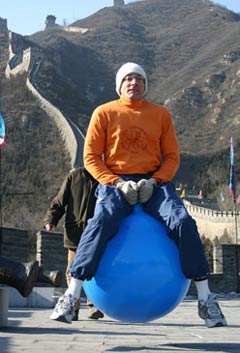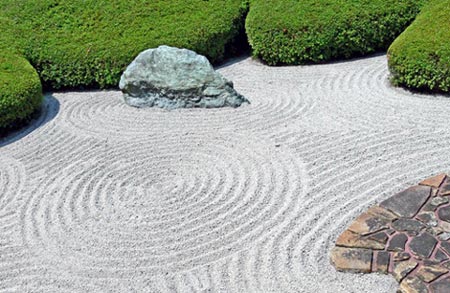
“I prefer the errors of enthusiasm to the indifference
of wisdom.”
– Anatole France
Enthusiasm is a great quality. Enthusiasm inspires others and ourselves to transcend our limitations and make a real difference. Without enthusiasm, life can become insipid and boring. Change is created by inspired people not by people who are half-hearted about life. These are some of the benefits of enthusiasm and how to cultivate enthusiasm in our own lives.
Enthusiasm Doesn’t dwell on Difficulties.
“Daring enthusiasm and abiding cheerfulness
Can accomplish everything on earth
Without fail.”
– Sri Chinmoy
Whenever we try to do something new, we will encounter problems and difficulties. We can’t expect to create something worthwhile unless we can overhcome difficulties. If we are half hearted in our approach, these difficulties will be a reason to give up. Our mind will be able to justify our failure by saying the difficulties are intractable. However, if we have real enthusiasm and determination, we will find a way around these difficulties; our enthusiasm will make our aspiration and dreams come true.
Enthusiasm is a stranger to Procrastination.
Procrastination is the biggest killer of any project. In procrastination our initial enthusiasm evaporates and it gives us time to deliberate on problems. This stop start approach will reduce our inspiration and creative flow. Genuine enthusiasm makes us focused and encourages us to overcome difficulties straight away.
Enthusiasm Doesn’t Give Up
“Courage is going from failure to failure without losing enthusiasm”
– Winston Churchill
Any project will face setbacks. If we are not determined and enthusiastic we will tend to give up. Enthusiasm can create success in even the most difficult circumstances.
Enthusiasm Inspires others.
“Mere enthusiasm is the all in all.”
– William Blake
Anything worthwhile requires more than one person. If we want to achieve something memorable, we need to inspire others. It is no good having a vision if we keep it to ourselves. If we are enthusiastic and 100% committed to the goal, it will imperceptibly encourage others to follow our lead. If a leader has no enthusiasm for a project, how will he inspire others to join in? Look around at the people who inspire you. It is enthusiastic, dynamic and positive people who encourage us to get involved. An attitude of indifference will turn people off straight away.
Enthusiasm Creates Intensity
“Nothing great was ever achieved without enthusiasm.”
– Ralph Waldo Emerson
The power of focus cannot be under-appreciated. To achieve something great we need the enthusiasm to concentrate on a goal until it is achieved. Without intensity we will struggle to make the a real difference.
How To Create Enthusiasm in Our Lives
Don’t Listen to the Naysayers.
There are some people who will always find the problems and negative outlook on life. They will subconsciously dampen your enthusiasm by highlighting the difficulties and being suspicious of anything new.
Continue reading “The Infectious Power of Enthusiasm”









